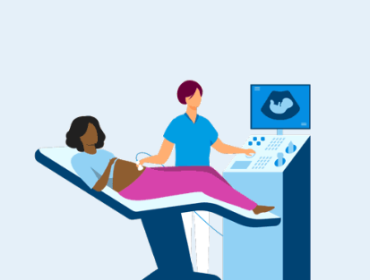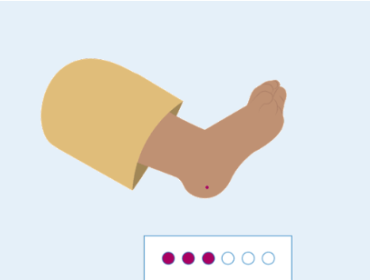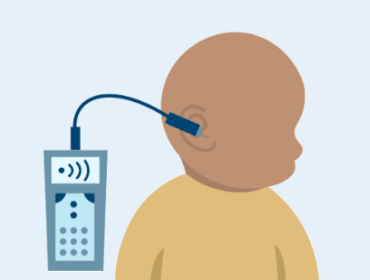During pregnancy and soon after birth you and your baby will be offered various screeningtests. You can use these to find out whether your child has a condition or a physical abnormality, or whether your child may become ill because the mother has an infectious disease or because her blood contains antibodies.
Blood test during pregnancy
Blood test during pregnancy
Between weeks 8 and 13 of the pregnancy, the laboratory will test your blood for the infectious diseases HIV, syphilis and hepatitis B (HBV) and for antibodies against foreign blood groups. If you have any of these, they may cause your baby to become ill. In almost all cases, treatment will be able to protect your baby. Find out more
NIPT
NIPT (non-invasive prenatal testing)
Non-invasive prenatal testing (NIPT) is a blood test to check for chromosomal abnormalities in an unborn baby. You can have your blood tested starting from 10 weeks into your pregnancy. Find out more
13-week and the 20-week scan
13-week and the 20-week scan
13-week scan
You can have your baby screened for severe physical abnormalities. These may not always be very visible, as the baby is still small. Find out more
20-week scan
Between weeks 18 and 21 of your pregnancy, you can have your baby screened for physical abnormalities. Since your baby is larger at this point, more details will be visible. Find out more
Heel prick test
Heel prick test
Heel prick test
Your baby will undergo the heel prick test in the first week after birth. This is a blood test. The heel prick test can detect severe congenital disorders, meaning treatment can start in time. This will prevent serious harm to your baby's development. Find out more
Hearing test
Hearing test
Hearing test
The hearing test will take place in the first month after birth, to test whether your baby’s hearing is sufficient to properly learn how to talk. This test will usually be done at home, together with the heel prick test. If hearing loss is detected earlier, treatment can begin sooner, making it easier for your child to learn how to talk. Find out more




